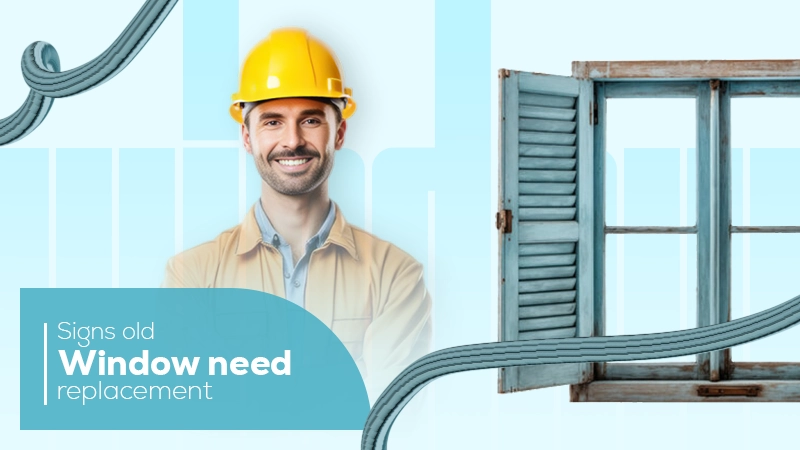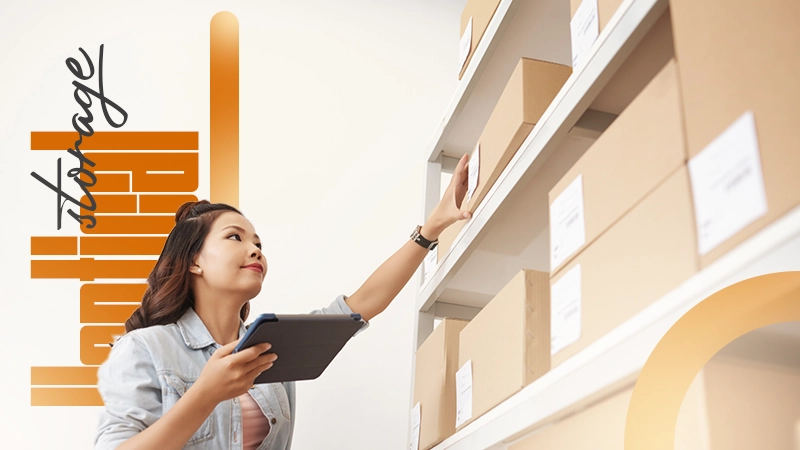Key Takeaways
- Home and business security needs are totally different, as one focuses on family and belongings, while the other has to think bigger, like data breaches and employee safety.
- Tech-wise, our homes use simple devices like smart cameras and doorbells, but businesses need serious stuff like biometric access and crash-rated bollards for high-risk areas.
- As security is a teamwork, companies should give their Employees proper training to follow security protocols and handle emergencies.
- Homeowners don’t have to worry much about laws, but businesses have to stay updated about all sorts of legal and compliance rules to avoid any trouble.
- Security of our houses is a one-time investment that gives peace of mind, but for business, security is a bigger investment that pays off every day by cutting losses and boosting safety.

“Security is not a product, but a process.”
– Bruce Schneier, cybersecurity expert.
Are you aware of the fact that every 15 seconds, a burglary happens somewhere in the US? (source: The Zebra) Meanwhile, businesses are also always at risk of threats like data breaches, employee theft, physical break-ins, and even vehicular attacks. Both have their own chances of getting into problems, but then why are home and business protection so different?
The offices usually have biometric scanners and alarm zones for security, while our homes have smart doorbells and motion detectors. Another question arises in my mind: why are some stores reinforced with bollards and steel shutters when residential areas rely on neighborhood watch signs?
I know these questions must be eating your mind too. But no worries, this article will walk you through everything that makes business security fundamentally different from home security. So let’s begin!
Understanding Security Needs
The first thing we will discuss is the difference between these two security systems and what unique needs each environment demands. See, at home we prioritize the safety of family members and personal possessions from threats like burglary, vandalism, and home invasions.
In fact, incorporating modern amenities can also enhance daily living and indirectly contribute to security. Learn more about it in the role of modern amenities in enhancing residential spaces.
While in comparison, businesses consider a wider and more serious range of risks like employee safety, data protection, inventory theft, and sabotage.
Another major thing that creates a difference is the scale of operations. Our homes need security at the entrance only, but offices need layered security systems like access control, surveillance, cyber protection, and loss prevention measures. These needs are what decide the level of security at places.
Technology Integration in Security Systems
We know that in this era, technology plays an important role in everything, even if it is a security system. But the integration depends on the context.
Our home security usually has easy plug-and-play devices like smart doorbells, motion sensors, and remote surveillance cameras, which are all connected to our mobile apps. These systems can be used by non-technical users too because of their accessibility.
A recent Statista survey has also shed light on the fact that over 37% of U.S. households now use smart home devices like video doorbells and connected security cameras.
However, our business needs more advanced solutions like centralized surveillance systems, biometric access control, fire and emergency-included alarm systems, and secure networks.
Moreover, the commercial settings also incorporate physical security infrastructure such as crash rated bollards to check for unauthorized access, especially in areas like finance, government, and data centers.
This level of system also had broader networks integrated into it, which means enabling centralized monitoring, AI-based threat detection, and detailed audit trails. It can’t be installed without professional help and proper management.
Fun Fact
Every 11 seconds, A small business becomes a victim of cybercrime. Which is literally faster than the rate of home burglaries in the U.S.
Customized Security Protocols
Another major difference between home and business security lies in its creation and execution of protocols. See, if it’s a home, it will generally have door locks, alarm activation, and monitoring through cameras. And about customization, it can be a little, which will be influenced by the size of the home and personal habits.
Meanwhile, when we talk about commercial security customization, it should be made according to the operational risks, employee roles, and regulatory environments. For example, a retail owner will go for something like burglary and payment fraud, but a manufacturing business will focus more on equipment safety and controlled access zones.
These examples tell about why personalization is the key to securing business. And like, why not? It improves security while ensuring adherence to the industry standards and company objectives. Also, it gives tiered access for employees, visitor screening procedures, emergency plans, and integration with HR and it departments to manage secure layers based on the identity.
Cost Implications and Investment Versus Returns
Cost is the other major point that creates the difference in these 2 security investments. Our residential system needs a one-time investment in hardware, while offering the option of monthly monitoring fees. And the ROI here is the peace of mind and safety we feel in our homes.
Now, if we compare it with business security, which needs a continuous expenditure. Like hardware cost, installation, software licensing, and system integration. Not only this, but it also involves other costs for maintenance, upgrades, training, and monitoring services.
These expenditures may look like a lot, but the ROI balances the amount through reduced inventory loss, less downtime, better employee safety, and lower insurance premiums.
In fact, I feel the absence of proper security can give you major losses, especially if you belong to the banking, healthcare, or logistics sectors. So, the investment here is not justifiable but essential too.
Legal Considerations and Compliance
Security is not only about prevention, but it also means following the legal standards. Homeowners don’t have to face too many legal requirements; all they need to have is basic safety and fire codes, and municipal law about CCTV placements.
However, businesses have a complex web of different legal and regulatory requirements, which include data protection laws, OSHA workplace safety guidelines, local zoning laws, and industry-based compliance standards. And failing to comply with any of these can result in fines, lawsuits, and a damaged reputation.
Therefore, make sure that whatever security solutions you create are made according to legal compliance. It will be even better to hire a compliance officer for such things.
Fun Fact
75% of employees have admitted that they have stolen from their employer at least once. I know it will be a shock for many, but this is why internal business security should be considered as important as external.
Employee Training and Awareness
Employee training is a key element in business security, but obviously, it is not needed for home settings. The proper human cooperation is a must for the successful use of a security system. Without it, even the best will be ineffective.
These training sessions are held for employees to understand the security protocols, recognize potential threats, and act appropriately during emergencies. It also includes cybersecurity awareness, from preventing phishing attacks and physical security practices like badge protocols to training for emergency situations like fire and active threats.
Moreover, such workshops, regular drills, and clear communication channels also help in spreading awareness and making it a part of workplace culture.
Crisis Management and Response Strategies

Preparing for emergencies is another area where home and business security diverge. We, as homeowners, are generally dependent on automated alerts and quick responses from local law enforcement or emergency services. But for business, it’s different.
FEMA has reported that 40% of small businesses never reopen after a disaster, and another 25% fail within one year. The reason for the surviving one is their adoption of crisis management plans that have threat detection, immediate response protocols, communication strategies, and post-incident analysis.
These plans should be scalable and account for scenarios like active shooters, data breaches, equipment failures, and natural disasters.
Hereby, you have got answers to all your questions. So my last tip for you is to remember that by understanding these distinctions, only you can choose the right protection strategy for your environment. Now go ahead and be safe!
And in case you’re thinking about how to boost your home’s value while improving security, check out these 5 Home Improvements with the Best ROI.
What is the major difference between home and security systems?
Home systems are designed in a way that is easy to use and simple, but Business systems are more complex as they have to address major threats, including legal compliance, employee management, and higher scalability.
Are rated bollards necessary for residential areas?
Generally, no. But they are used for commercial and government settings.
How does customization improve business security?
Customized security protocols are made while keeping operational risk and employee roles in mind, which gives effective protection and regulated compliance.
Do we have to train all employees in the company on security?
Yes, security is the shared responsibility, and the training helps in improving it.
Is investing in business security worth it?
Absolutely, while the initial cost may sound high to you but the result will outweigh the investment.






